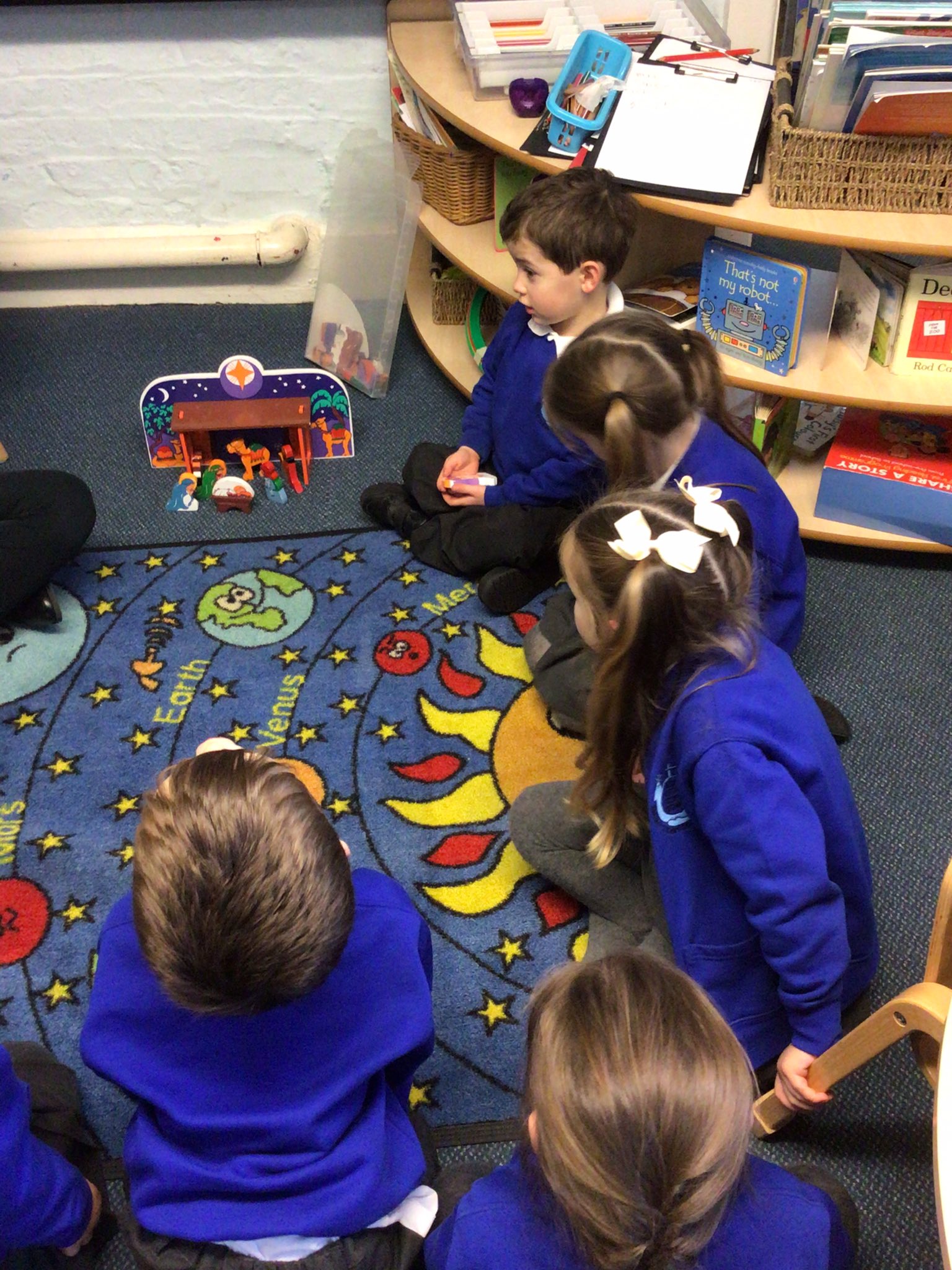Becoming a KSJ theologian
The teaching and learning of RE is very important in the curriculum at Kingsley St John's.
As a voluntary aided school, the governing body controls the religious education and this must be according to the rites, practices and principles of the Church in England.
The Diocese of Chester provide guidelines to support this and support is available from our RE Adviser and School Consultants.
.

Our current planning is taken from Questful RE, newly adopted syllabus for the Diocese of Chester.

We offer an RE curriculum that enables pupils to acquire a rich, deep knowledge and understanding of Christian belief and practice. An understanding and apprecition of other world faiths. It will allow children to explore, reflect, consider, evaluate and question
Our RE curriculum will engage and challenge, through an exploration of core concepts and questions.
There will be opportunities for understanding the role of foundational texts, beliefs, rituals, and practices and how they help form identity in a range of religions and worldviews.
In our school, progress in RE is significant and attainment high enabling pupils to develop confident religious literacy.
The RE curriculum is intrinsic to the outworking of our Christian vision in enabling all pupils to flourish. In addition, the RE curriculum contributes to British values and spiritual moral social and cultural development.
Pupils develop a wide range of skills including enquiry, analysis, interpretation, evaluation and reflection. Pupils should have a safe space to explore their own religious, spiritual and/or philosophical ways of seeing, living and thinking, believing and belonging. They should have opportunities to engage in meaningful and informed dialogue with those of all religions and worldviews.
'The delivery and standards in Religious Education (RE) are at least in line with other subjects, and are often better as a result of a high standard of teaching and learning which enables rapid progress to be made.' SIAMS 2019
'RE is taught very effectively following the Chester Diocesan syllabus and the Understanding Christianity resources. Pupils are encouraged to link their learning to the ‘Big Story’ which they do to notable effect. Pupils are inspired by their RE through a standard of teaching and learning which is always good and is better than good in the majority of cases.' SIAMS 2019


